BGS is a data-rich organisation. Our data science and data infrastructure are fundamental to our future research and are critical assets that underpin all three of our strategic challenges.
Embracing new technology across the BGS will be crucial. We will invest in technologies to change our operating systems and to create a new cyber infrastructure. This will include an integrated information system feeding into a global geoscience cloud, revolutionising data provision, forecasting and prediction, and supporting our three strategic challenges.
We will also develop new methods of delivering data to our customers and stakeholders to improve their user experience, including new insights into data and data tailored for impact and solutions.
- Acquiring primary data will enable us to conduct challenge-led science
- Data acquisition will be essential to addressing significant knowledge gaps and to reduce uncertainty in critical areas
- Improved capabilities to capture, process and store data will allow us to better characterise the environment and rock volumes in greater detail and with increased temporal resolution
- We will look to develop our sensor technologies and improve monitoring capacity and the ability for it to be mobile
- We need to handle ever larger datasets and outputs from subsurface experiments, which calls for us to expand our storage, network and access requirements
- We work with partners to develop the capability to store and reference data
- This includes the analogue data held by the National Geological Repository and the BGS Library — samples, cores, maps and records
- Data management is a key requirement to ensure good data governance and repurposing of collected data
- We aim to employ machine learning techniques and new technologies, building on internationally recognised standards that we will co-develop
- Collaboration in data laboratories and data commons will require skills development to ensure we can continue to analyse, process and visualise data as effectively as possible
- Developing capacity, capability and data management systems in developing countries will continue to be a priority
- Research infrastructures and new capabilities will ensure we remain at the forefront of scientific computing technologies. These include:
- hosting the European Plate Observing System’s (EPOS) integrated core services
- the OneGeology project
- We will research more effective use and integration of geospatial geological data, with emphasis on the built environment, as part of the UK Geospatial Commission
- We will use new techniques to improve access and links between datasets and work to comply with ‘FAIR’ data principles, making data findable, accessible, interoperable and re-usable
- Visualisation will support technological innovations, including smartphone apps, and crowdsourcing technology in developing countries facing complex multi-hazards and environmental degradation
- We will develop conceptual models through the collection of geological data to support projects involving multiphase flow systems and in geophysical and geochemical science
- Predictive models will be developed to forecast or predict the future evolution of a process on the basis of current understanding
- Simulation models will be developed to assist model users to understand how decisions taken may influence (or may be influenced by) a complex system, for example hazard assessment around volcanoes
- Simulations that mimic how individuals respond to risks will be developed with social scientists
- Modelling of the Earth’s geophysical characteristics will also be undertaken
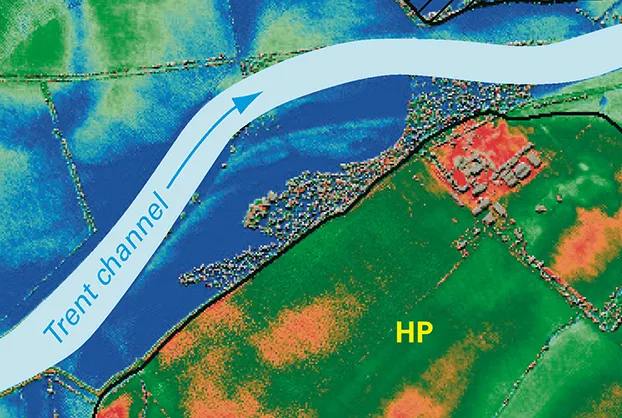
Digital lab
Developing, testing and providing new tools and technologies that support delivery of the BGS science strategy enabling world class research across BGS.
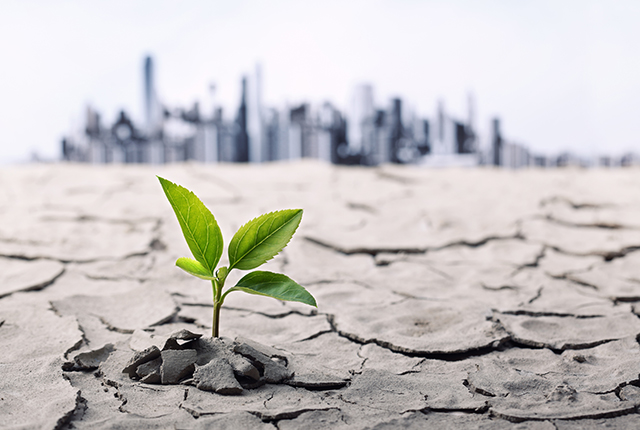
Hazard and resilience modelling
Developing new and innovative data products that deliver geoscientific information to a range of users in an accessible form.
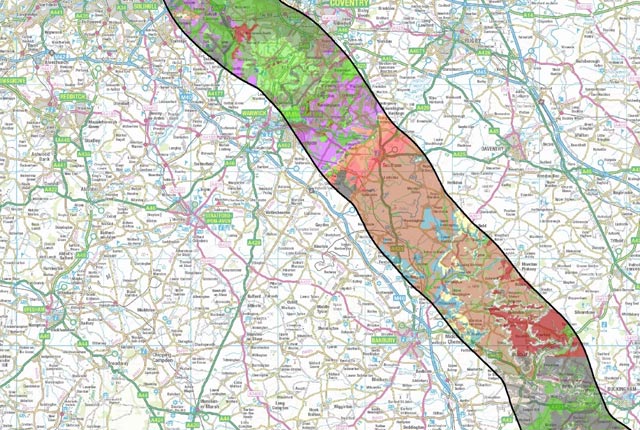
Product development
Producing a broad range of geological data and information, including digital mapping, for all stakeholders.
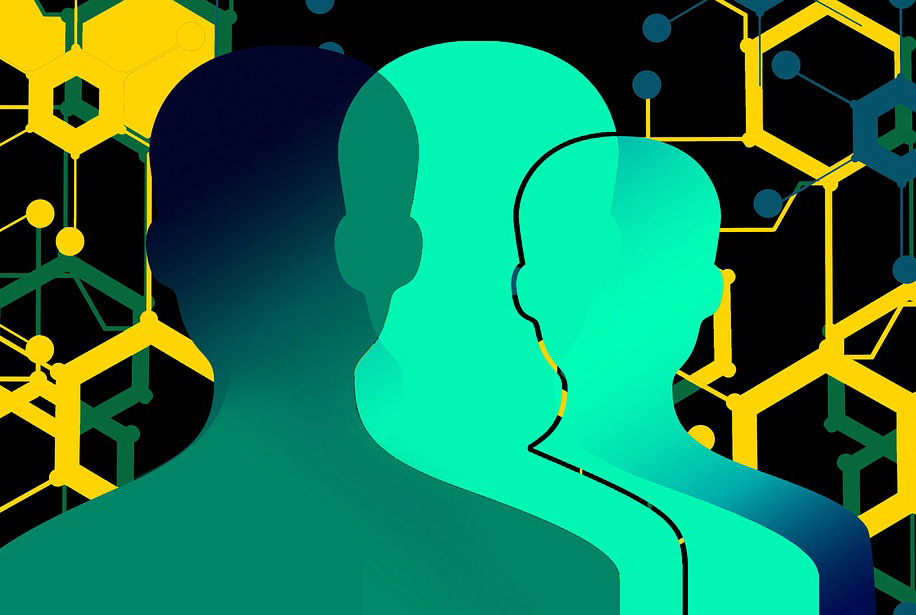
Citizen science
Allowing scientists to accomplish research objectives more readily than would otherwise be possible, using volunteers to perform research-related tasks.
Our data and facilities
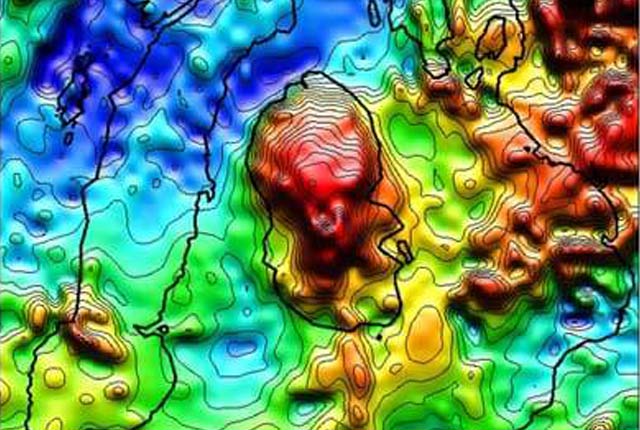
Data search
Accessing the more than 400 datasets that data-rich BGS holds in its care.
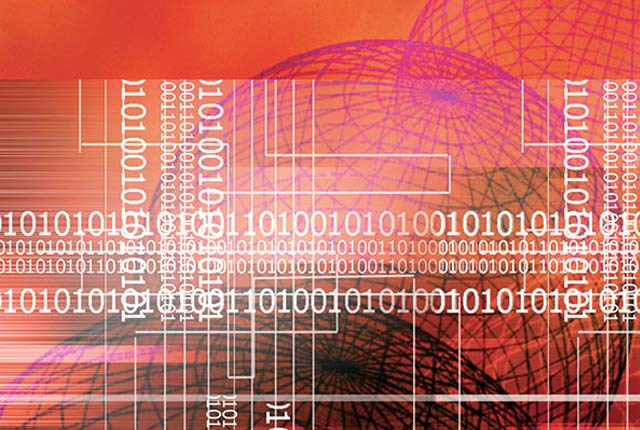
National Geoscience Data Centre
Collecting and preserving geoscientific data, making it available to a wide range of users and communities.
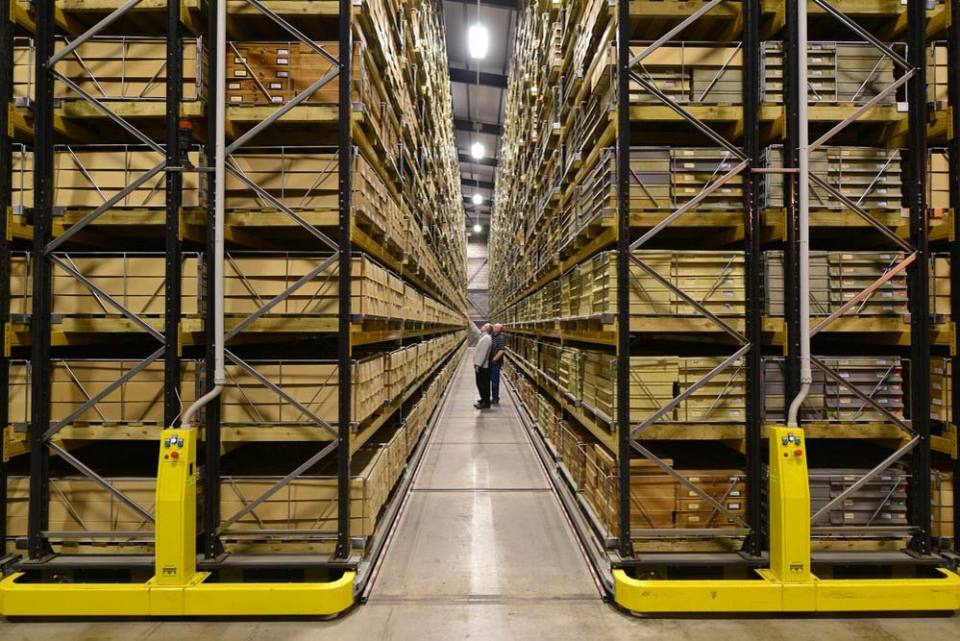
National Geological Repository
Hosting BGS’s collections of borehole cores, cuttings, samples, specimens, and related subsurface information from the UK landmass and continental shelf.
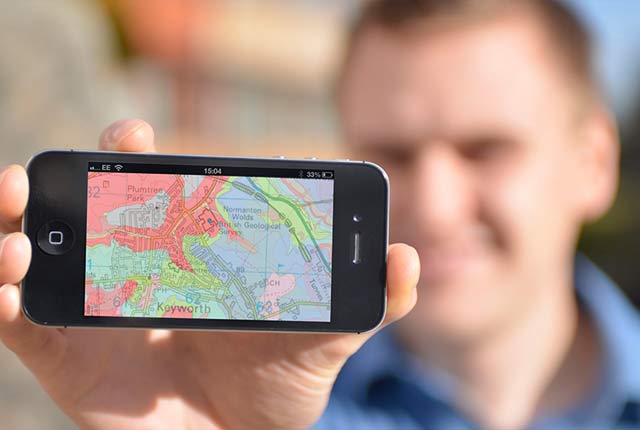
OpenGeoscience
Accessing maps and downloading data, scans, photos and other information via BGS’s free OpenGeoscience service.

Digital data licensing and resellers
Providing a wide range of licences for the use and utilisation of our information products by for those interested in an information product and the Open Government Licence is not applicable.

BGS digital geology maps: we want your feedback
29/05/2025
BGS is asking for user feedback on its digital geological map datasets to improve data content and delivery.
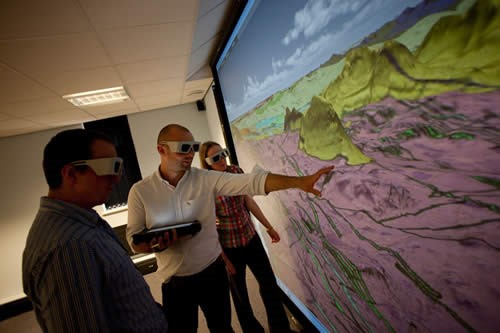
Celebrating 20 years of virtual reality innovation at BGS
08/04/2025
Twenty years after its installation, BGS Visualisation Systems lead Bruce Napier reflects on our cutting-edge virtual reality suite and looks forward to new possibilities.
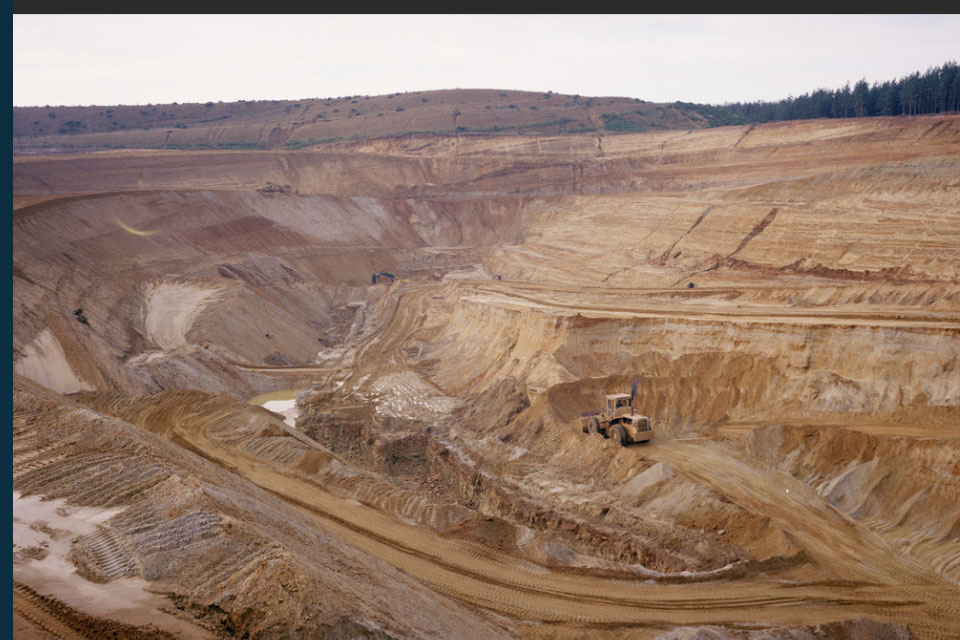
New data reveals latest mineral workings around Great Britain and Northern Ireland
01/04/2025
The newest release of BGS BritPits provides information on an additional 6500 surface and underground mineral workings.
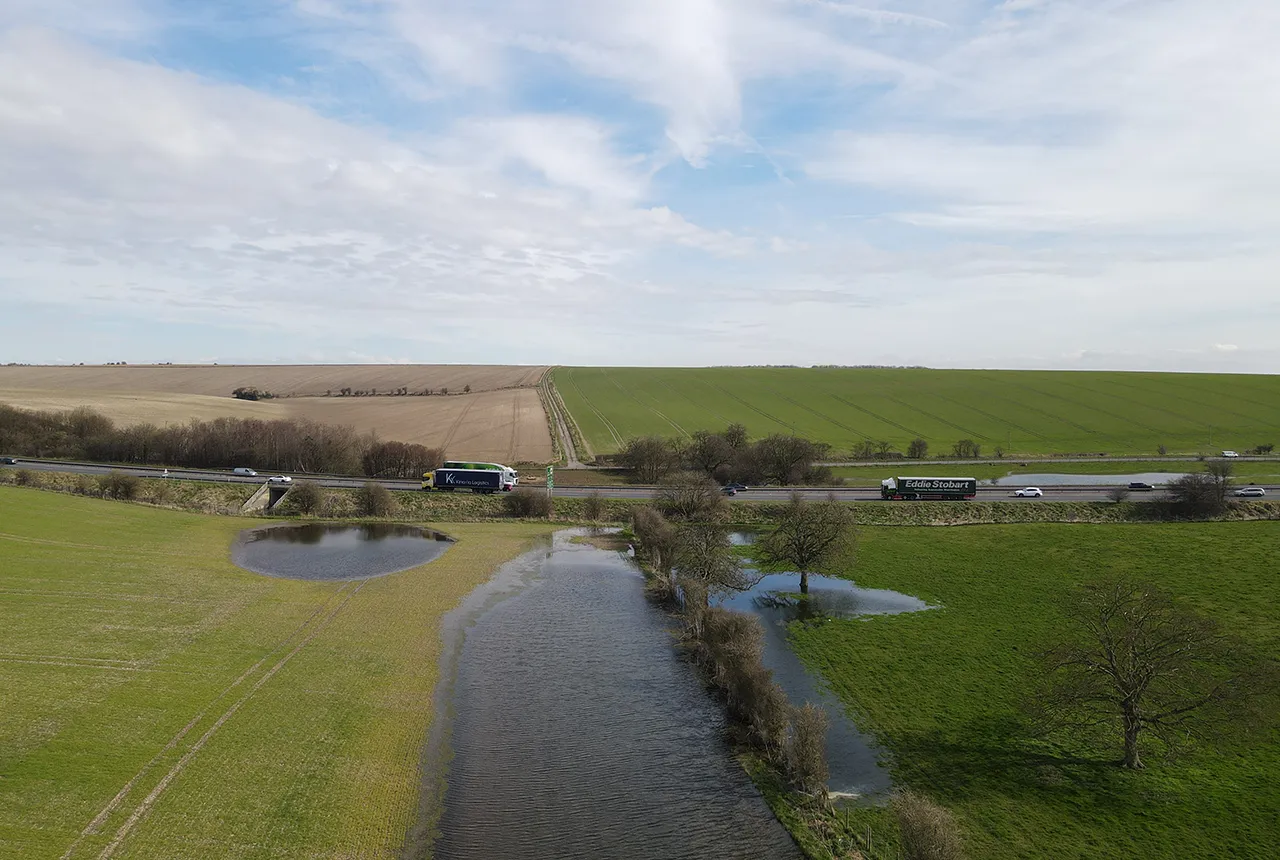
Pioneering tool expanding to analyse agricultural pollution and support water-quality interventions
06/02/2025
An online tool that shows which roads are most likely to cause river pollution is being expanded to incorporate methods to assess pollution from agricultural areas.
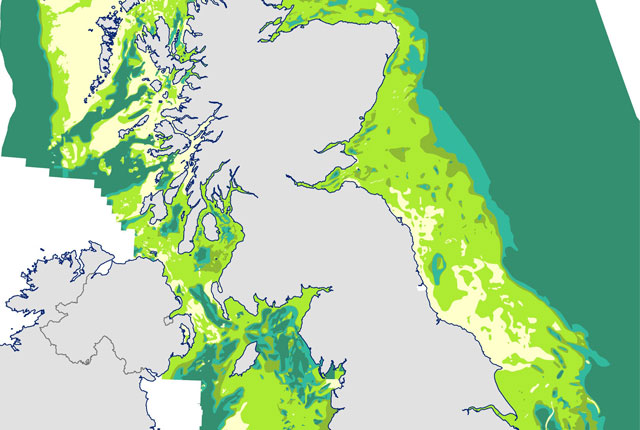
Seabed geology data: results from stakeholder consultation
31/01/2025
BGS collected valuable stakeholder feedback as part of a new Crown Estate-led initiative to improve understanding of national-scale seabed geology requirements.
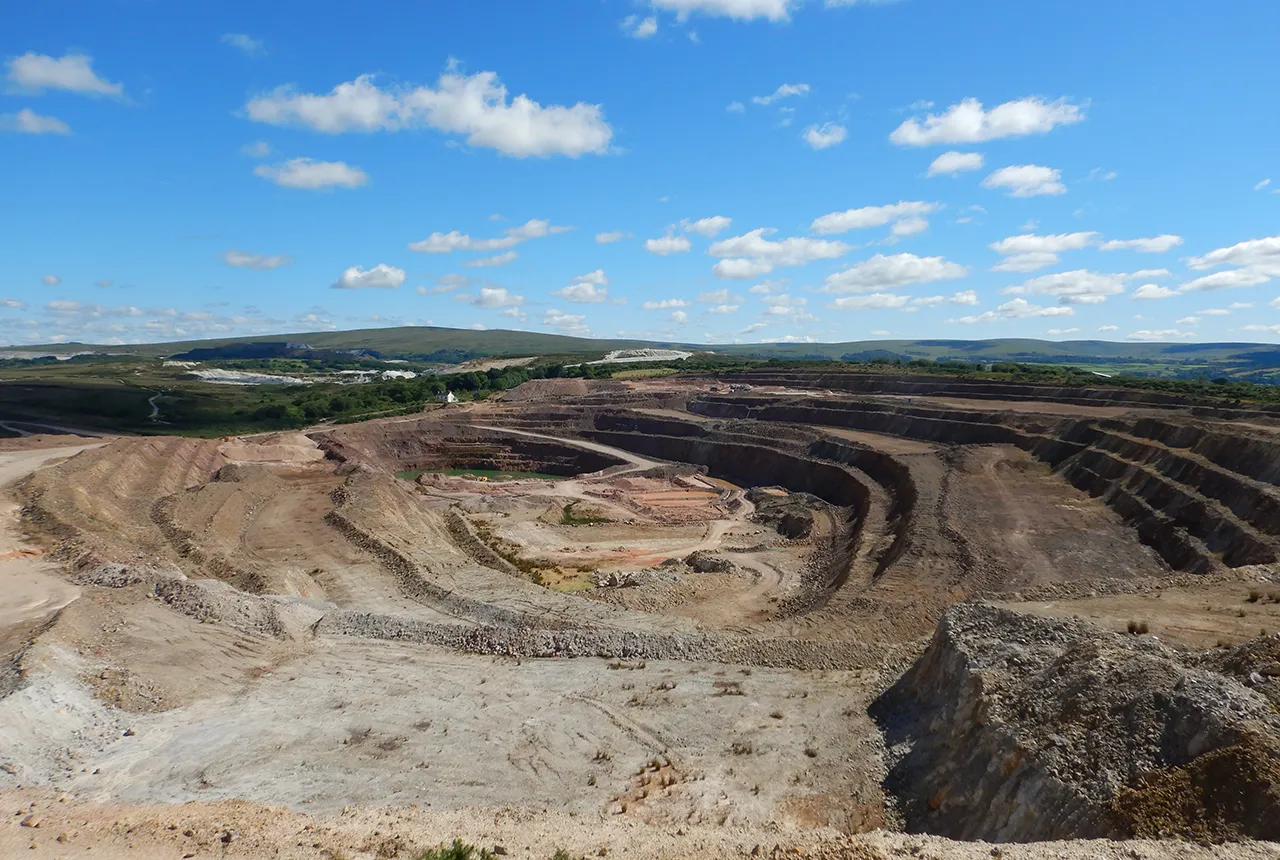
BGS makes significant advance in mineral data accessibility
10/12/2024
A new public application programming interface for the BGS World Mineral Statistics Database will revolutionise how users interact with critical data.
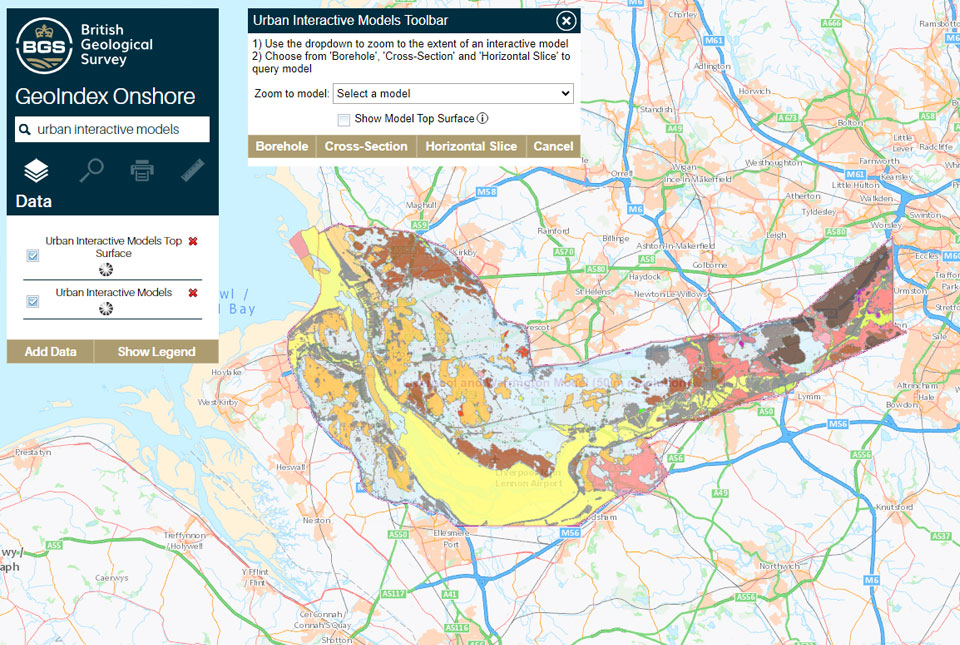
What lies beneath Liverpool?
11/10/2024
The geological secrets lying under the surface of Liverpool and Warrington have been unveiled for the first time in BGS’s 3D interactive tool.
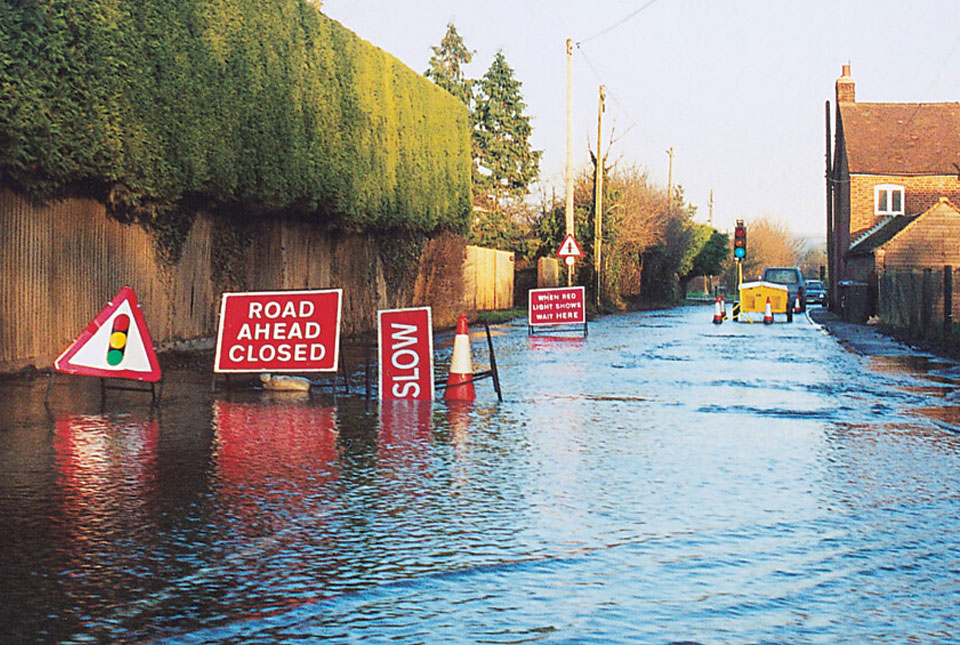
BGS Groundwater Flooding Susceptibility: helping mitigate one of the UK’s most costly hazards
25/09/2024
Groundwater flooding accounts for an estimated £530 million in damages per year; geoscientific data can help to minimise its impact.
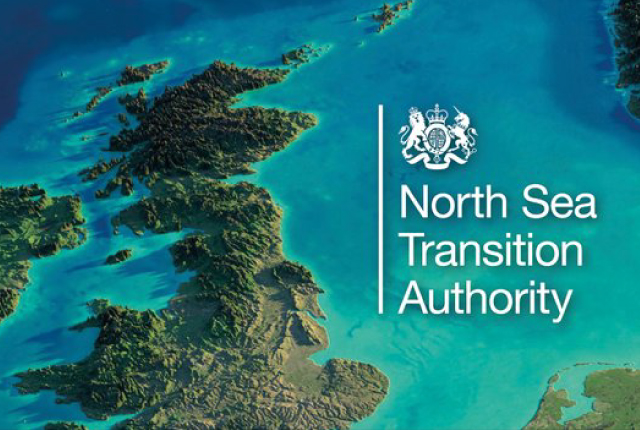
National Hydrocarbons Data Archive files now accessible through the National Data Repository
15/07/2024
Offshore well and survey information held within BGS’s archive have now been transferred to the North Sea Transition Authority’s National Data Repository to enable greater access.

Update released for BGS open-source database software, ETL Helper
09/07/2024
The software tool helps simplify the process of data transfer into and out of databases.
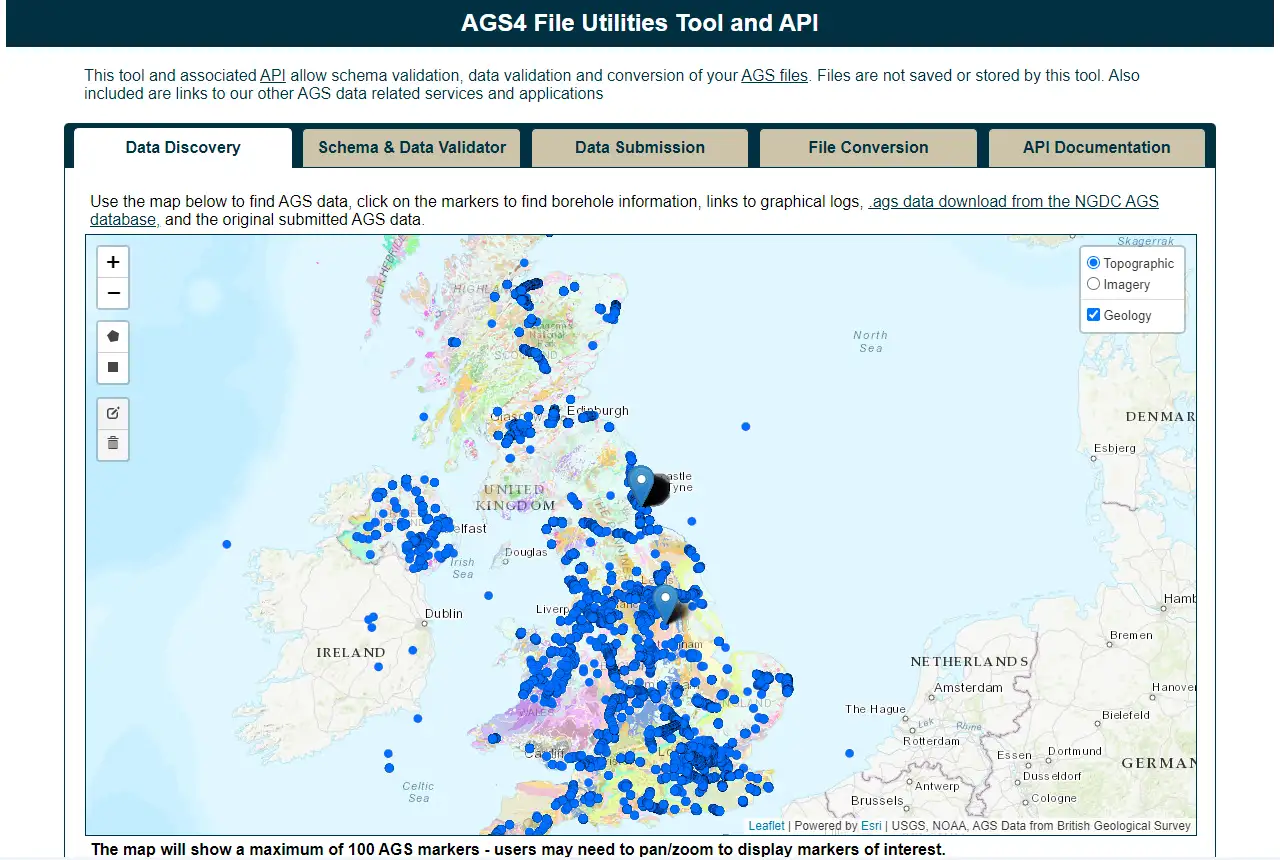
Update to BGS’s AGS file utilities tool released
19/06/2024
BGS has released significant updates to its online tool for validating geotechnical data held as AGS files. The update includes improvements to the tool’s user interface and the ability to convert AGS data into MS Excel files.
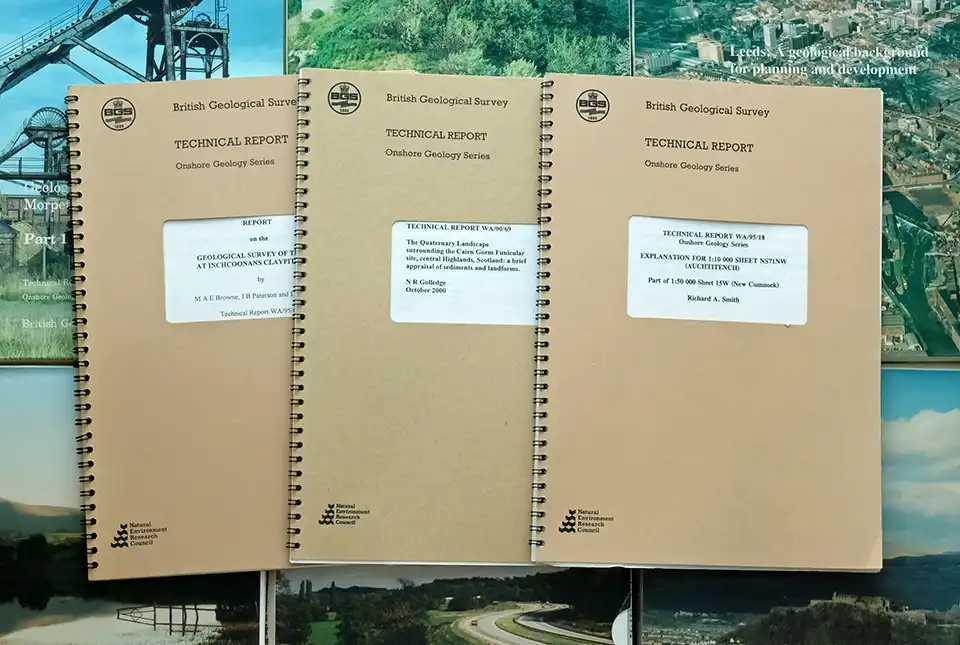
BGS’s National Geoscience Data Centre releases over 8000 technical reports
05/06/2024
The technical reports, covering the full spectrum of BGS activities and subjects, were produced between 1950 and 2000.


